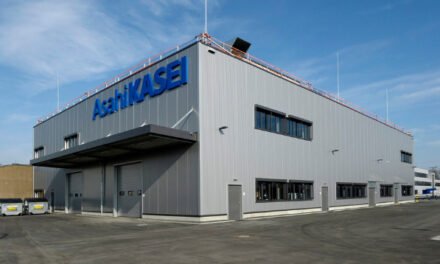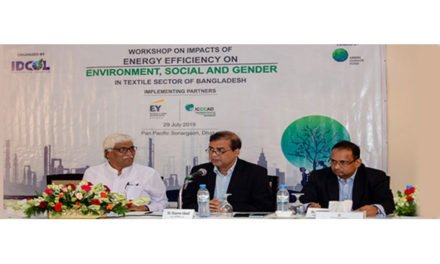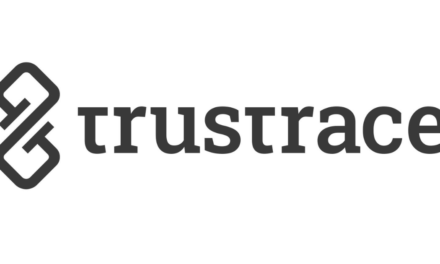 Every year, an estimated 92 mn tonnes of textile waste is generated globally and the apparel industry’s global emission is said to increase by 50 percent by 2030. These are alarming numbers about the State of environmental pollution caused by the textile and garment industry.
Every year, an estimated 92 mn tonnes of textile waste is generated globally and the apparel industry’s global emission is said to increase by 50 percent by 2030. These are alarming numbers about the State of environmental pollution caused by the textile and garment industry.
Greening the textile industry is becoming more crucial than ever, with the European Commission (EC) recently proposing that goods must meet the ecological design criteria. The EC suggested a new strategy to make textiles more durable, repairable, reusable and recyclable, to tackle fast fashion, textile waste and the destruction of unsold textiles, and to ensure that their manufacturing is conducted in accordance with social rights.
Meanwhile, the EU is a traditional and key market for Vietnam’s textile and footwear industries, especially with the EU-Vietnam Free Trade Agreement (EVFTA). According to details given by Vu Duc Giang, Chairman of the Vietnam Textile and Apparel Association, textile and garment exports to the EU in the first half of this year soared by roughly 40 percent over the same period from last year.
With the EC’s ecological design criteria, the greening of textiles and garments is gaining increasing attention. Improvement and adaptation are critical for Vietnam’s export to EU market.
Vietnamese Trade Counselor to Sweden, Denmark, Finland, Iceland and Norway Nguyen Thi Hoang Thuy told Vietnam Chamber of Commerce and Industry (VCCI) that sustainable production is a must. Vietnamese enterprises continue to encounter several challenges in meeting the criteria of sustainable textiles due to a lack of development space plans for a large-scale textile and dyeing industry. Meanwhile, Nordic is a demanding market with high requirements for environmental standards.
She, however, emphasized that there is still large room for the leather, footwear and textile industry to enter the EU market. In addition to product origin, using recycled materials, and meeting labor and environmental standards is essential.
Realizing that “every challenge is an opportunity,” Aurora IP developed by Cat Tuong Real Estate Group is leading the trend in building and developing a green textile industrial park.
Aurora IP is one of the very few IPs in Vietnam qualified to accommodate fabric-dyeing facilities. Its infrastructure is synchronously designed with one of the country’s largest water supply and wastewater capacities as well as the development of complex social infrastructure.
For example, Aurora’s wastewater treatment system is well designed with a large capacity of 110,000 m3/day night, divided into modules with advanced and synchronous technology, and shall ensure the receipt and treatment standard of wastewater before discharging.
Solutions toward green industrial parks must still meet the most basic requirements such as electricity, water, and labor resources, according to experts.
Aurora IP is strategically located in Ninh Co Economic Zone, which spans 14,000 hectares with comprehensive infrastructure such as airport, seaport and power supply facilities. In terms of manpower, the IP is supplied from two sources including local supply of 10,000 workers with high school graduates or basic training for the IP, and a supply of 130,000 people aged 21-35 in surrounding districts.
The direction of Aurora IP towards the green textile industry, according to experts, is the right path as global textile enterprises have shifted their priority to be in favor of “green businesses.” Sustainable development ranks as the most important strategic objective for companies in this sector.
According to ResearchAndMarkets.com, Asia Pacific is expected to register significant growth in the overall green textiles market owing to the widespread adoption of greener technologies in order to address the environmental concerns in the region and to meet the rules of origin of garment and textile products.
“Amidst the increasing strict requirements for a green and sustainable textile industry, Aurora IP is well aware of its responsibility for building an industrial park that fully meets the strict requirements for greening the textile industry. We believe that the development of eco-industrial parks is considered a solution not only to overcome the limitations and inadequacies of environmental problems but also to promote sustainable growth,” said Tran Quoc Viet – Chairman & CEO of Cat Tuong Group.





















